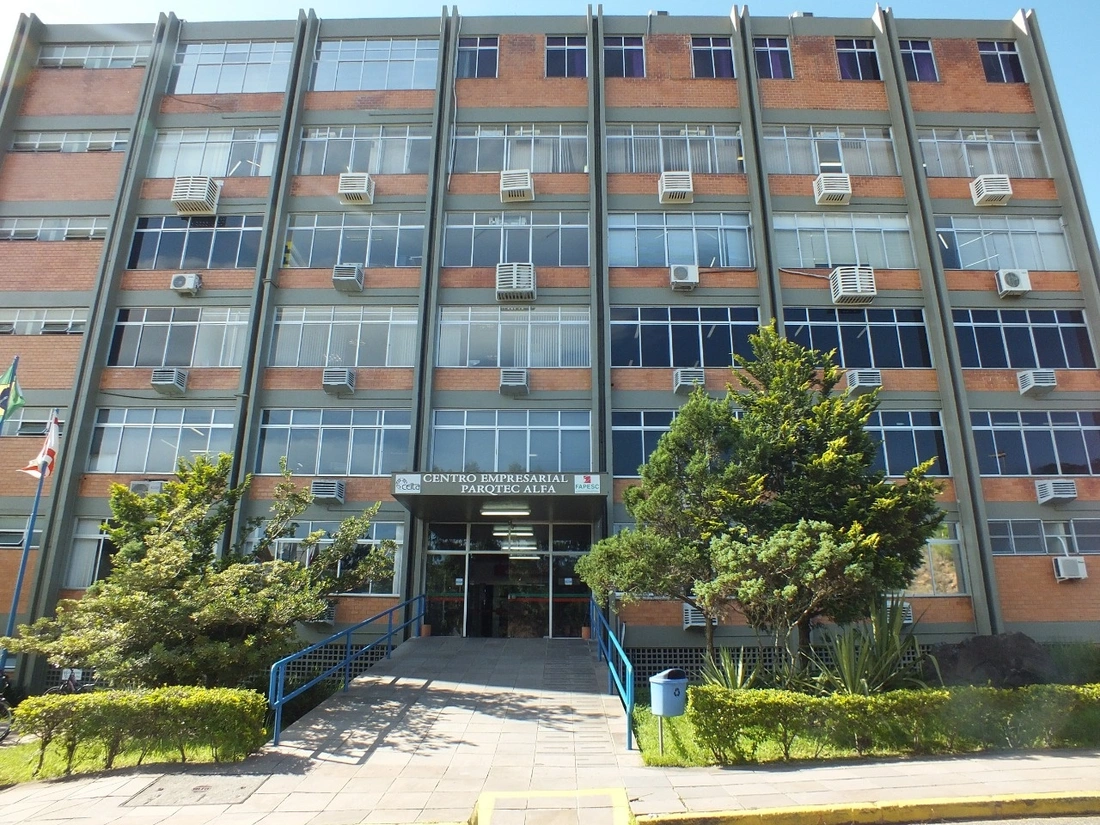The Research and Innovation Support Foundation of Santa Catarina State FAPESC is a public institution providing support for research, innovation, human resources development and knowledge transfer in the state of Santa Catarina. Apart from special support for events and publications, the foundation also offers financial support through public calls and in exceptional cases on individual request. In addition to its main funding provided by the Federal State of Santa Catarina, the budget of FAPESC is complemented by further partnerships with federal and international agencies promoting scientific development, such as CONFAP, the National Council of all Brazilian State Foundations for Research Support. FAPESC looks back on long-lasting and trustful cultural and business relations between Germany and the State of Santa Catarina. Multiple successful research projects were only possibly thanks to a joint funding, such as research on optical components like lasers, photo sensors, optical fibers and light emitters, as well as the analysis, production and application of these technologies. Within the scope of this binational cooperation, two business missions were successfully realized in the area of photonics with Berlin Partners. Furthermore, we are very proud to maintain close relations to the network AWARE since its early beginnings in 2013. Firstly, I was invited to be a member of the Advisory Board AWARE, a steering board of members from science, politics and industry from both countries, that meets once a year to evaluate the project´s progress, give advice where needed and promote greater visibility of the network in all three sectors. Secondly, FAPESC supports the double degree master program in International Automotive Engineering and Electrical or Mechanical Engineering since 2015, a very important study program for Santa Catarina. Thanks to scholarships provided by FAPESC, students of the Federal State of Santa Catarina (UFSC) get the possibility to study partly at UFSC and partly at Technische Hochschule Ingolstadt (THI) in order to get two master titles at the end of three to four semesters. This master program with two degrees is unique in our state, combining applied lectures and projects at THI on the one hand, and basic research at UFSC on the other.
Research and Innovation Support Foundation of Santa Catarina State (FAPESC – Fundação de Amparo à Pesquisa e Inovação do Estado de Santa Catarina)
We also participated in numerous events in Ingolstadt, reinforcing this partnership. We were present at the inauguration of THI´s research and test center CARISSMA in 2016, an impressing new institution to foster academic research on vehicle safety. Besides, FAPESC participated at tone of the yearly
research and education workshops at THI, where I could get an impression of the multiple laboratories and multinational research projects at THI. Financial support is crucial for a network such as AWARE and its long-term strategic planning. In order to get further funding by DAAD, our next joint step was to sign a new agreement on mutual financial support with THI and UFSC in 2016. In consequence, AWARE got further two years of DAAD funding and could dedicate time and resources in order to consolidate what has been successfully established in the former four years. Nevertheless, the generous funding by DAAD will expire at the end of 2018 and it will be challenging, though not impossible, to continue with these initiated projects between THI, UFSC and the Federal University of Paraná (UFPR). It is extremely challenging for multi-dimensional university networks to survive without a stable funding for network infrastructure and management. It is all the more gratifying that the AWARE consortium submitted a new project called AIM – Automotive. Innovation. Momentum. successfully to the Federal Ministry for Economic Cooperation and Development and got a new four-year funding for the transfer of application-oriented automotive lectures to UFSC and UFPR. Once again, AWARE kicked down doors that were already open: due to the lack of automotive lectures at UFSC and UFPR, the AIM consortium easily got very strong regional industry partners on board, such as BMW, Renault, Volvo and Audi. In order to survive, it will be crucial for the network coordinators and researchers to invest time and recourses to identify matching public funding programs and industry partners. Finally, as public funding agencies, it is also our duty to work on more flexibility and find ways how to support unique university partnerships that maybe do not fit into the regular public calls by our ministries.
Prof. Dr. Sérgio Luiz Gargioni
President (2011-2018)

